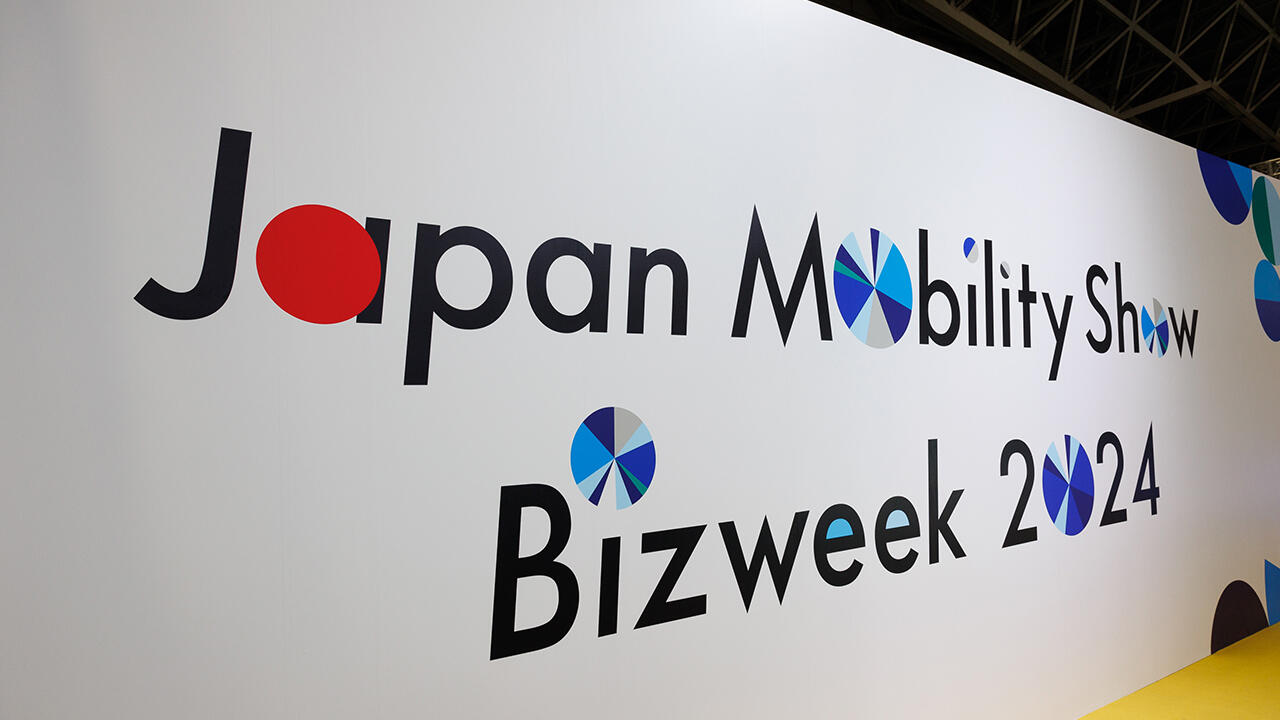
Building on momentum from last year, the Japan Mobility Show ran a four-day business-oriented event for the first time ever. The mobility industry and next-generation startups came together to "promote business co-creation."

The four-day Japan Mobility Show Bizweek 2024 (JMS2024) was held at Chiba’s Makuhari Messe from Tuesday, October 15 to Friday, October 18.
A year earlier, the Japan Mobility Show 2023 marked a renaming and redefining of the Tokyo Motor Show, turning it into a platform where various mobility-related companies from the auto industry and beyond come together to create the country’s future.
From motor show to mobility show. One symbol of this transformation was the Startup Future Factory, which assisted new ventures with fundraising, business meeting opportunities, and PR. This platform was a big step in building partnerships across industries, including both mobility-related companies and startups, that will lead the next generation.
Serving as chairman of the Japan Automobile Manufacturers Association (JAMA) at the time, Akio Toyoda spoke about the initiative during a “big recap” session on the final day of last year’s show, sharing his hopes that it would lead to co-creation and new partnerships. “(Such opportunities) should be organized every year. Steady efforts bring success,” he said. “I felt the potential for new narratives that are greater than the sum of their parts. When that virtuous cycle is turning, you can also sense a future for Japan.”
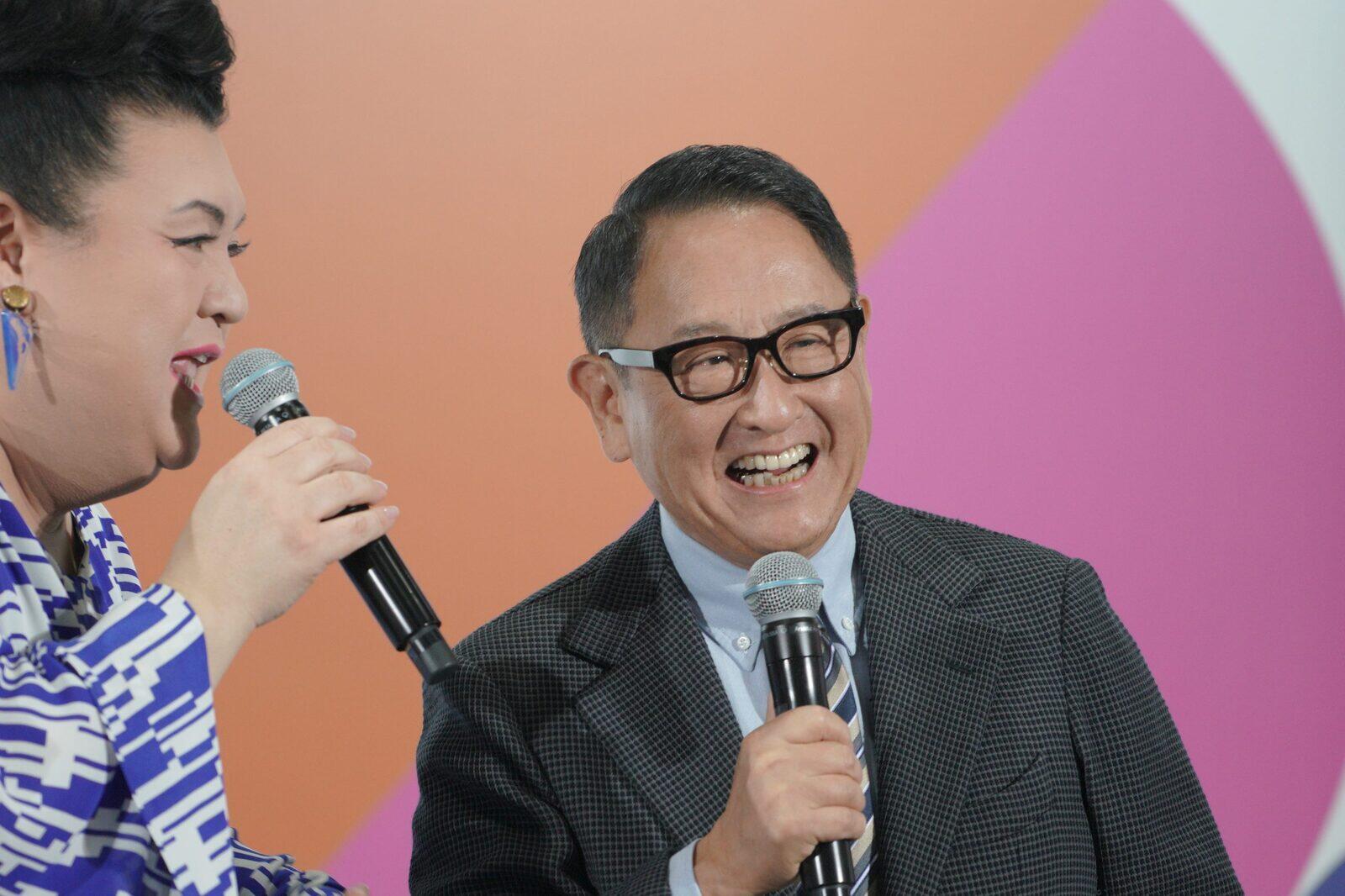
In that spirit, the JMS was back again in 2024—in what would have been an off-year for traditional motor shows—as a business event aimed at fostering co-creation. Working toward the shared goal of a sustainable tomorrow, the show focused on building partnerships to create the future, bringing the mobility sector together with startups that will lead the next generation.
Co-creation for a dream-filled mobility society
Speaking on the event’s opening day, JAMA Chairman Masanori Katayama (Isuzu) shared his aspirations for JMS2024.
Chairman Katayama (Isuzu)
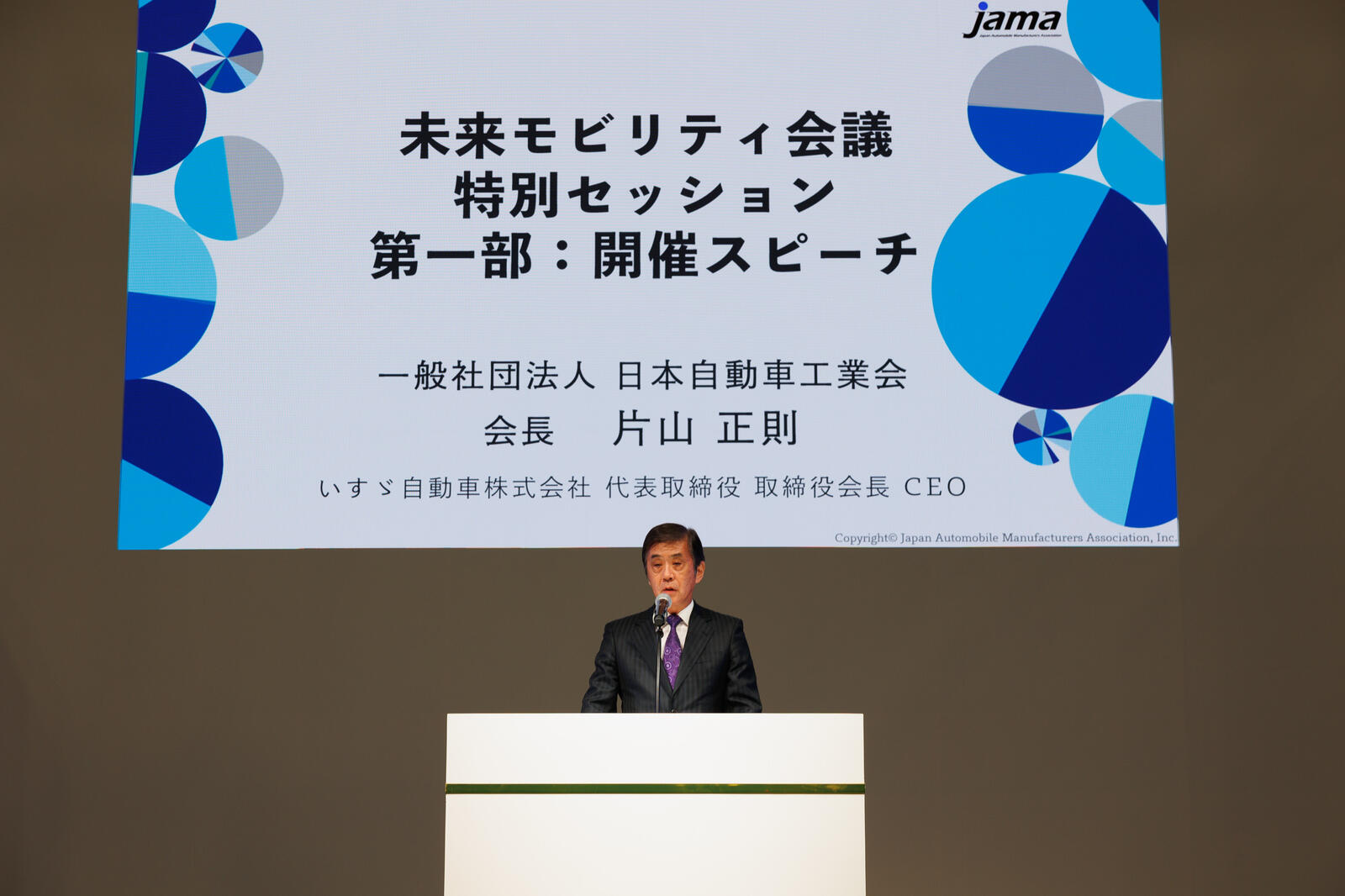
Driven by the desire to build a prosperous, dream-filled mobility society by solving social challenges and creating new value, we are striving to evolve automobiles into a mobility industry that can contribute to society by creating novel opportunities and experiences beyond mere transportation.
(Omission)
Through this event, we hope to come together with startups that hold great potential for enhancing mobility value and experiences, and work to co-create a prosperous, dream-filled mobility society centered on everyday consumers.
I hope that Japan Mobility Show Bizweek 2024 will serve as a platform for making new connections with next-generation startups and people from various industries, providing opportunities to share the importance and possibilities of future-focused business co-creation, and generating new ideas.
Chairman Katayama’s opening address kicked off the Future Mobility Forum, which was held daily throughout the event. Drawing much visitor interest, the sessions featured industry-spanning expert discussions on the importance of co-creation in catering to diversifying needs and solving the social challenges facing the mobility industry, with a view to building “a prosperous, dream-filled mobility society.”
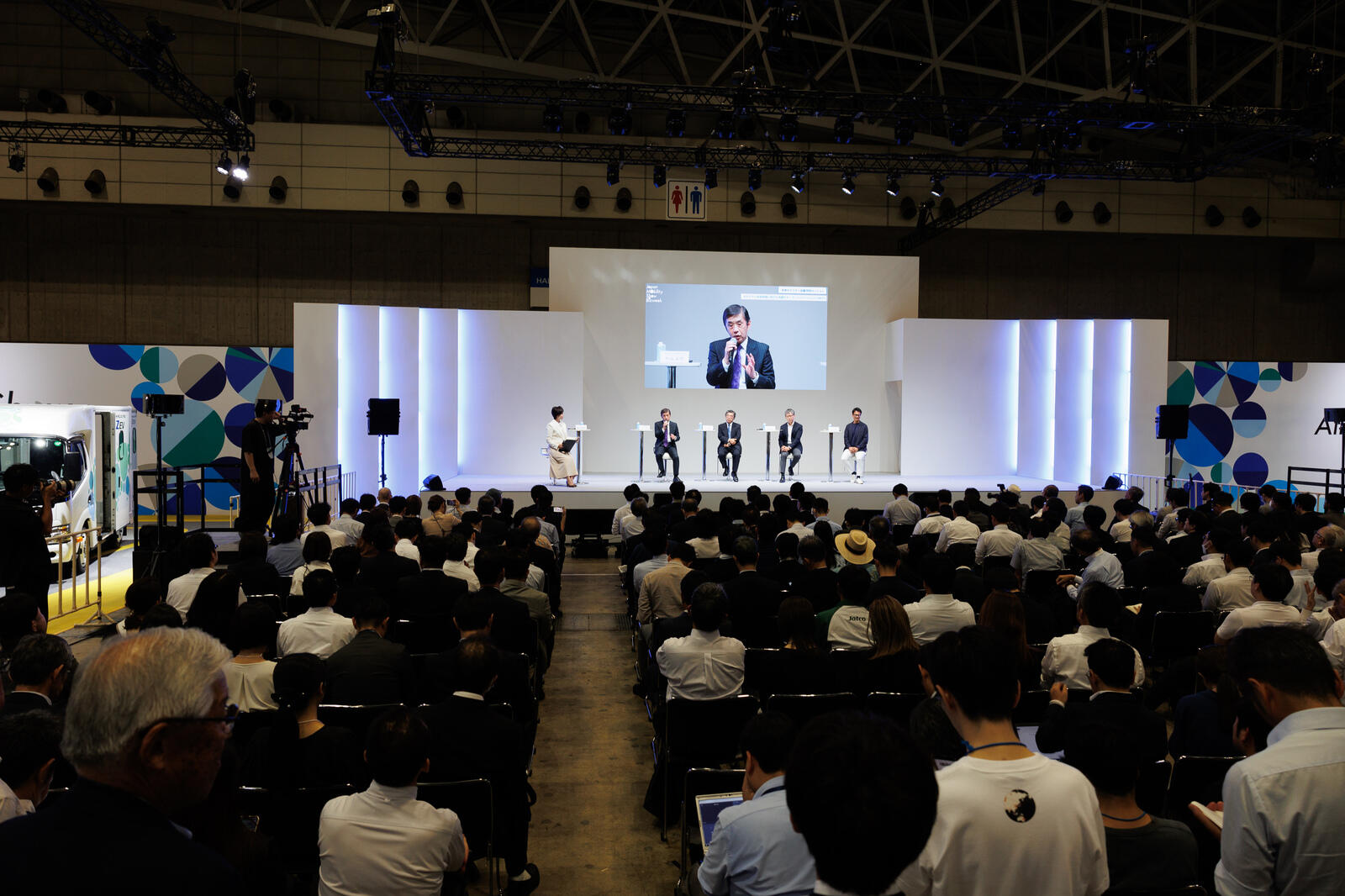
Co-creation seeds for the future
In the booth area, 145 startups exhibited alongside 58 established companies and members of JAMA and the Japan Auto Parts Industries Association (JAPIA). Showcasing technologies and services that tackle challenges in the mobility industry, the area thronged with crowds of businesspeople from start to finish.
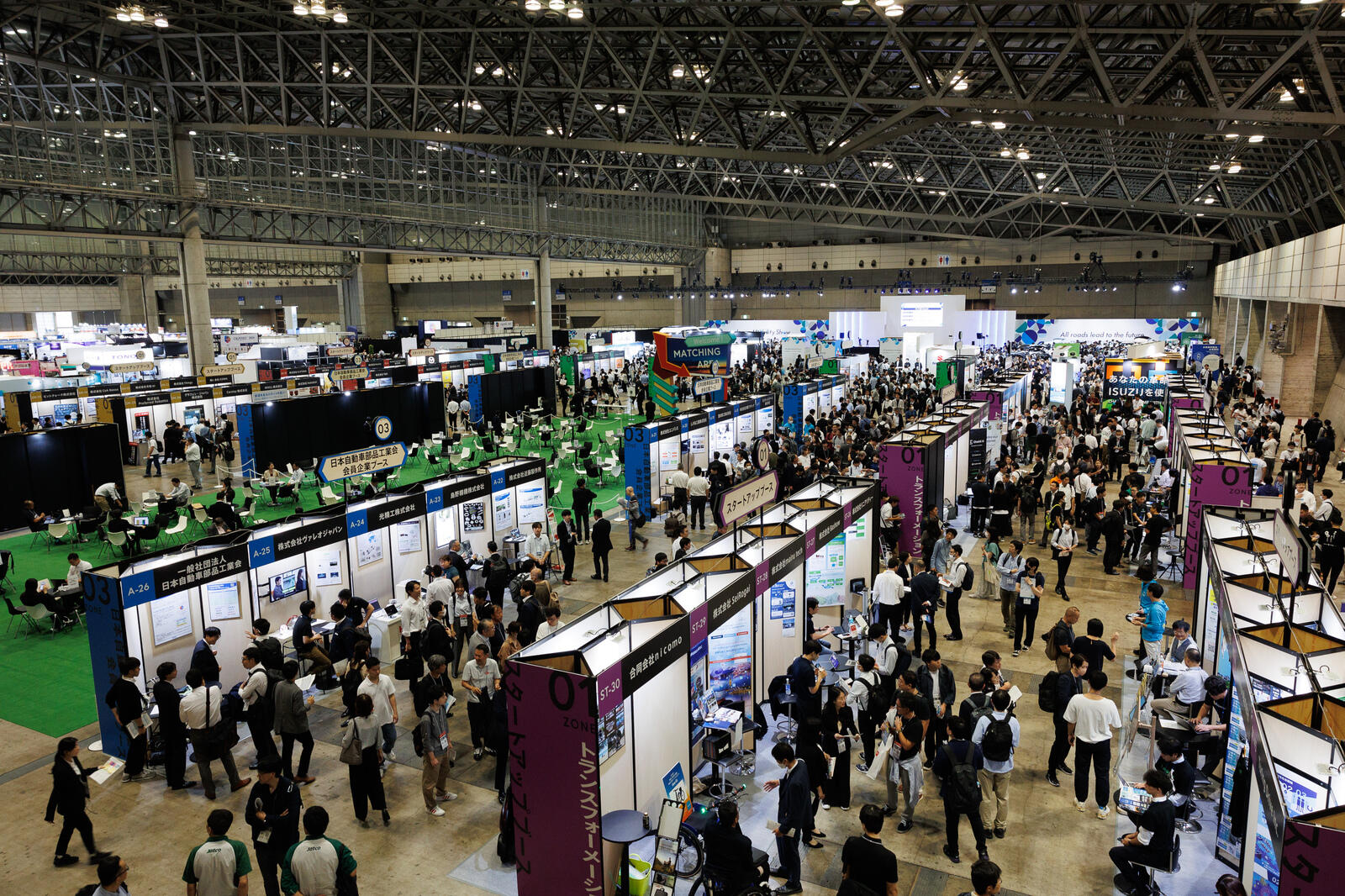
Toyota exhibited vehicles and technologies aimed at promoting co-creation with startups and other companies, centered on hydrogen utilization and storage battery energy management as part of the company’s multi-pathway approach to addressing Japan’s energy challenges.
Masashi Tanaka, General Manager, Energy Solution Business Div.
Speaking with startup business operators, we could sense their high level of interest and passion for mobility, and unique pursuit of technologies in a wide array of fields.
For us, it was also a great opportunity to look beyond just products and consider new value creation across the entire value chain.
While I can’t say whether meeting up with proposed businesses will lead to concrete business discussions, we want to use this opportunity to pursue co-creation and partnership-building.
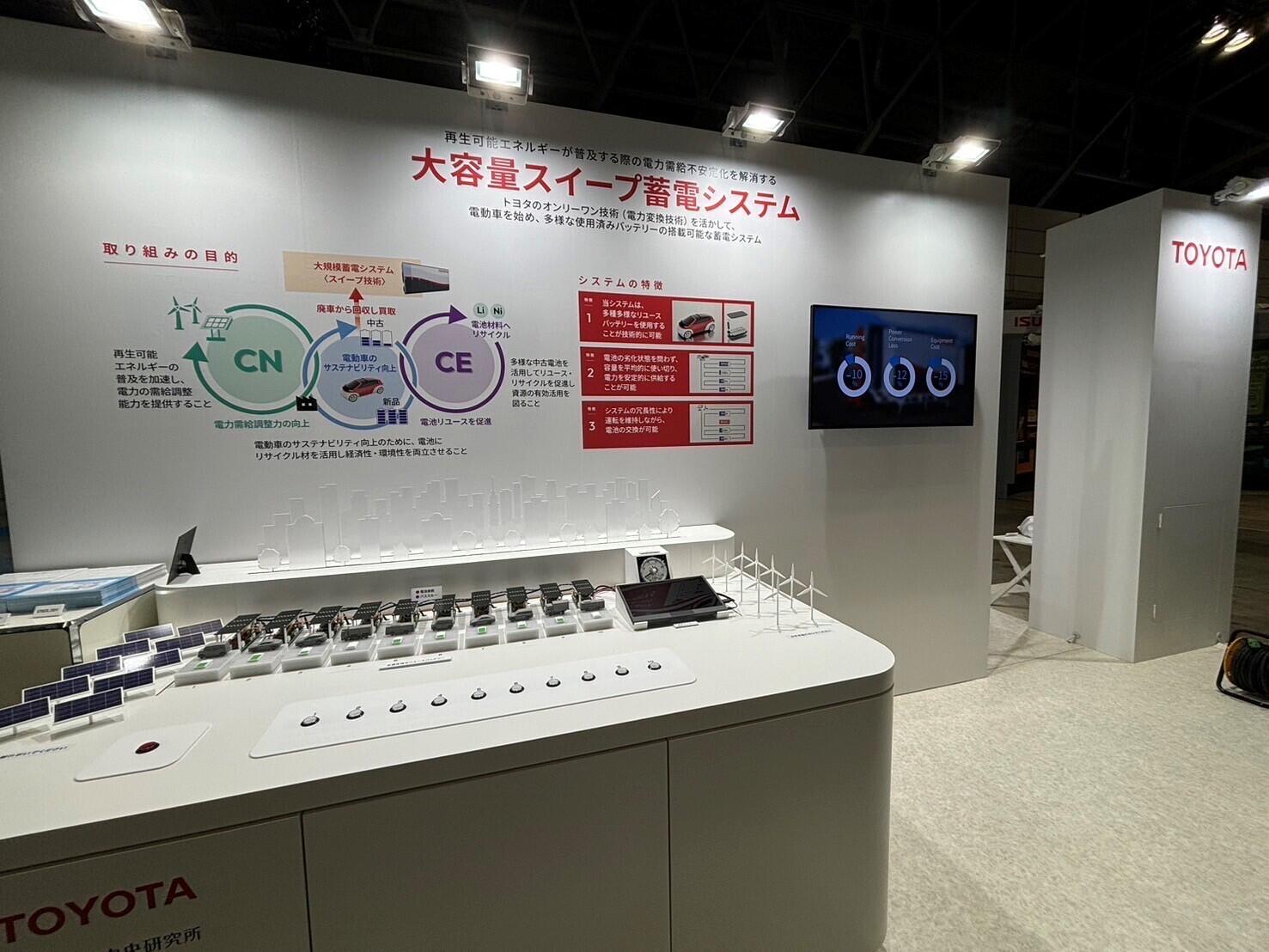
Masashi Nakamura, General Manager, Hydrogen System Products Development Div.
While this year’s JMS featured many exhibits from automobile manufacturers, they showcased items created by adapting automotive technologies. I realized that the needs are diverse after talking to startups and that automotive technologies can be useful in a surprising range of areas.
On the other hand, startups have technologies and expertise in areas that haven’t even been touched by automotive development. In setting the direction for developing new products such as our hydrogen cartridges, I feel that the connections we made for pursuing co-creation with various businesses are a big step forward.
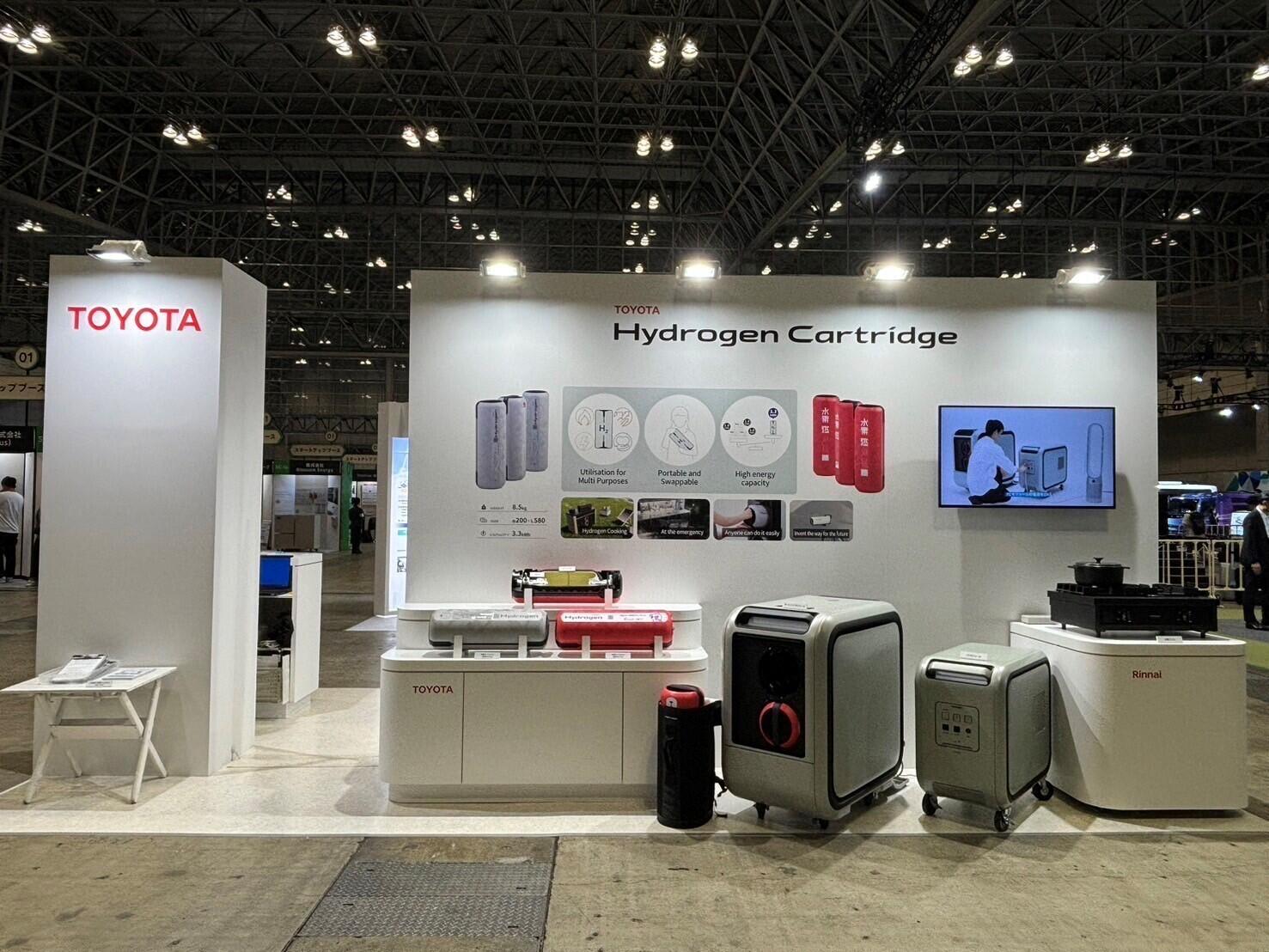
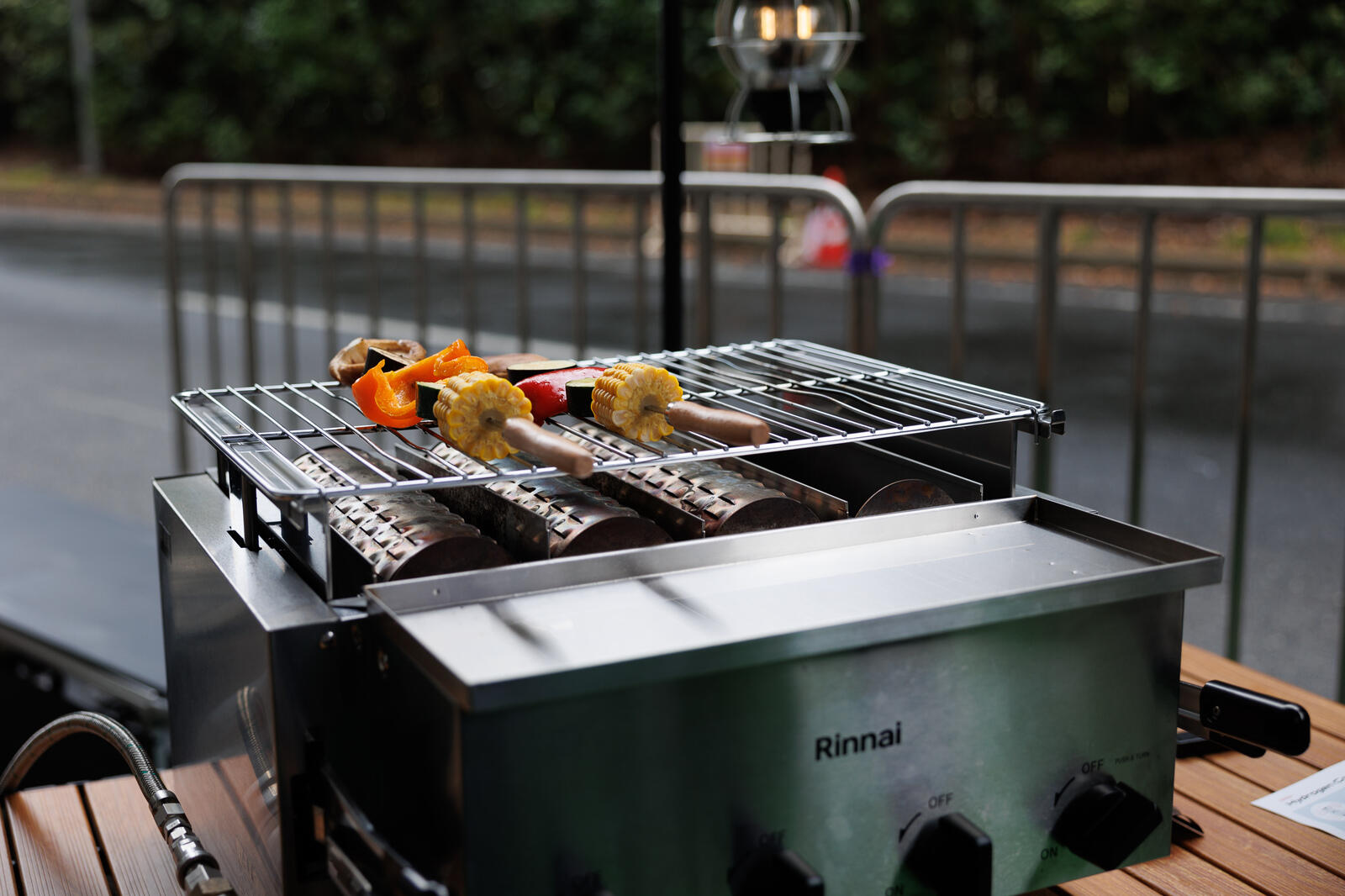
This year’s event also featured a business-matching program to boost co-creation. The Meet-up Box, a tool set up for JMS2024 to support communication between companies, drew 1,896 registrations, resulting in 848 business matches. Seeking to become Japan’s largest mobility sector matching platform, the Meet-up Box remains open for new partner registrations after the event, continuing to grow as it nurtures the seeds of co-creation.
In interviews with JAMA, participating startups also expressed high hopes for the co-creation sparked by JMS, saying, “We felt that, by enabling horizontal connections and mutual collaboration, these kinds of events can raise the level of the industry as a whole.” “Even among the big companies, we sensed a motivation to try new things with the startups. As a small startup, we’re very excited by the future prospect of teaming up to create something new.”
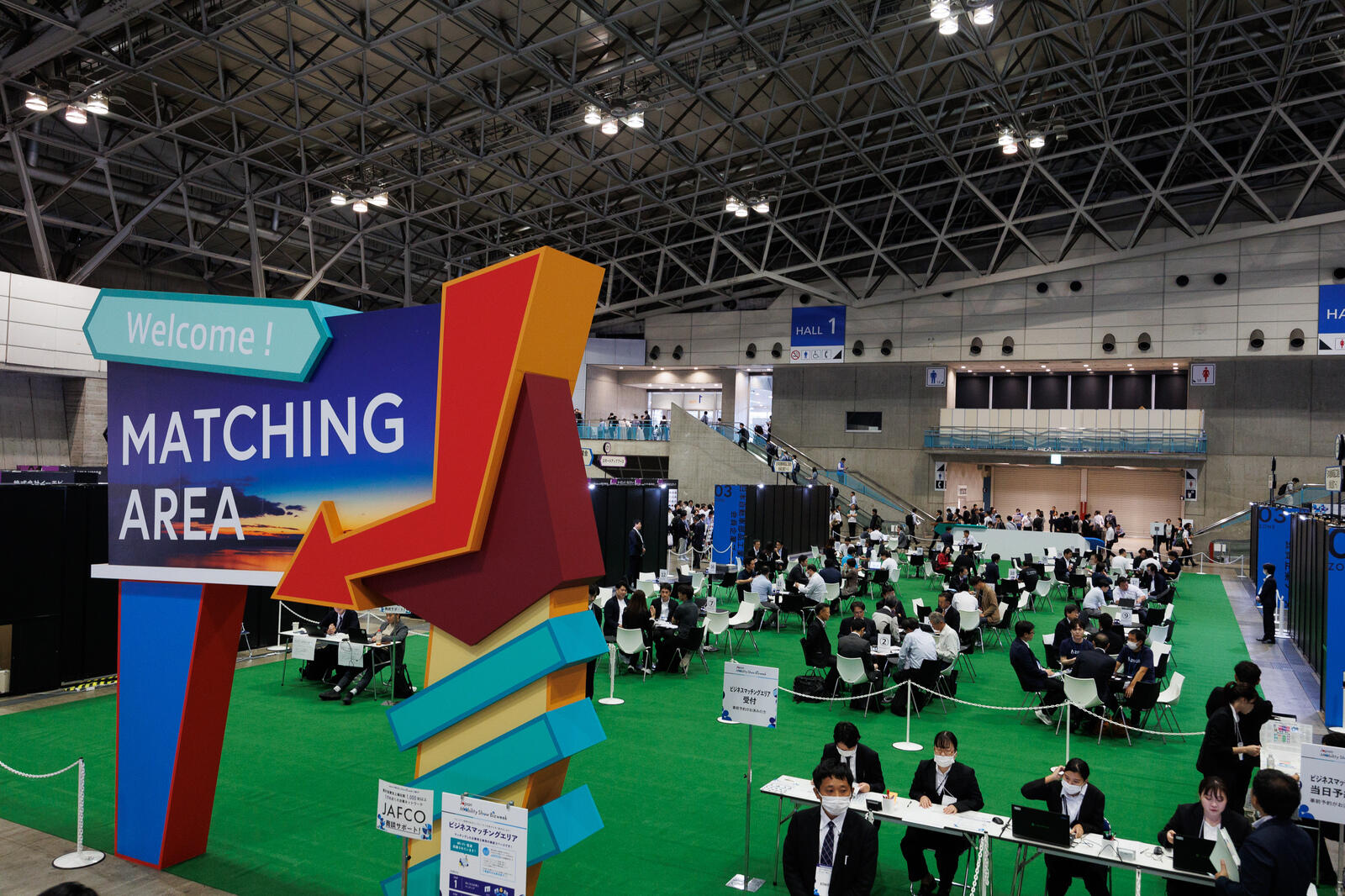
Harnessing the energy of JMS2024 for next year
On the event’s final day, the JAMA chairman and two vice chairmen summed up JMS2024.
Chairman Katayama (Isuzu)
We launched this first-time event with a vision of creating a mobility society. Doing so will only be possible by working together to build up wide-ranging new technologies and expertise that cannot be achieved singlehandedly by the current auto industry. That’s why these kinds of initiatives are so important.
Vice Chairman Uchida (Nissan)
What surprised me coming here today was the number of people attending the event. It was very heartening to see how the next generation can carry things forward. With many young people attending, you could sense the possibilities that lie ahead for Japan. As an industry, I want to continue exploring how we can build on this to shape the future and make Japan more competitive. Today was greatly encouraging.
Vice Chairman Sato (Toyota)
Being jointly held with CEATEC (Japan's largest IT and electronics exhibition), the event seems to be a mark of progress in creating new points of contact. It provided opportunities for new partnerships and new perspectives in developing mobility and the promise of various connections being made beyond the scope of our previous efforts.
While we were able to create opportunities and catalysts to cultivate for next year’s mobility show, I feel that the challenge lies in building on these efforts and finding outlets to prepare for next time. We need to harness the excitement and energy of JMS2024 for next year.
The four days of Japan Mobility Show Bizweek 2024 delivered many takeaways and insights for next year’s event.
Japan Mobility Show 2025 will run from Thursday, October 30 to Sunday, November 9, at Tokyo Big Sight, providing a unique opportunity to explore the future of mobility.

